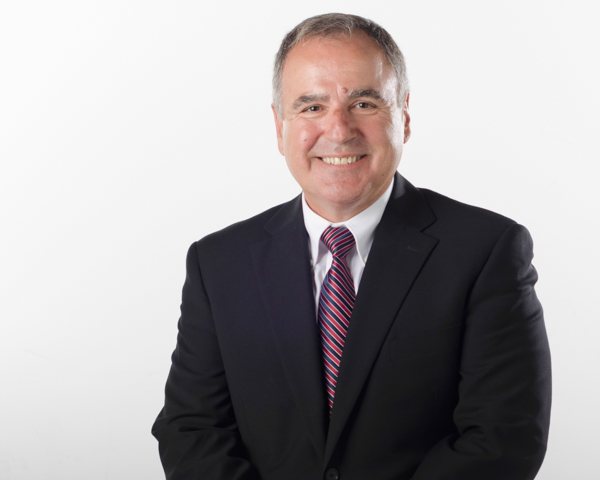
In conversation with Program Head, Media, Jerry Chomyn
Traditionally, journalists have played an important role in leading public discussion. And while the advent of smartphones and social media have given the public the ability to capture and broadcast, it seems there’s been a remarkable shift in who is now leading this discussion.
There’s definitely validity to this. We've seen stories emerge because of witness video, with subsequent news conferences and special investigations as a result.
But I have big concerns with the loosening, if you will, of journalistic ethics and generally accepted journalism policies that we’ve increasingly seen and heard.
Freedom of speech is an important part of living in a democracy. And attribution is an important part of good journalism. I listen to reports on the radio and television where an unidentified source is saying outlandish things. There was a case last year where people had essentially convicted a police officer before the court had made its decision. People had seen a video of the incident, and had come to a conclusion – but media outlets were rebroadcasting these social media posts without proper contextualization or balance.
That’s a failing of journalists.

With it being so easy to broadcast your personal opinion using social media, what has happened to the definitions of journalist and media outlet?
People now have different definitions. There are those who say a journalist is someone who works for a media outlet. I’m different in that I believe anyone who tells stories for different parts of the media is functioning as a journalist. Perhaps not doing it properly, but a journalist, nonetheless. And anyone with a twitter account can now be their own media outlet.
We’re talking the transmission of stories, messages, and information from one person to the next.
What does this mean for the need for traditional journalists?
We need traditional journalists now more than ever before.
It’s a journalist’s job to interpret information and ask, Who’s saying this? What’s the context? Why are they saying this? What does this all mean? Why is it important? Why should we care? Journalists point to the bigger issues and ask the bigger questions.
With so many people functioning now as journalists and as media outlets, there is a critical need for good journalists and for good journalism.
Important things are happening, but without credible sources and balanced analysis, we risk devolving into squabbling masses that will shout ‘hang them!’ before understanding the full story.
I think the journalist of today is under a lot more pressure than the journalist of yesterday; having access to all this information is a double-edged sword. But we need journalists to sift through the noise and find the truth. And there’s an awful lot of noise.

